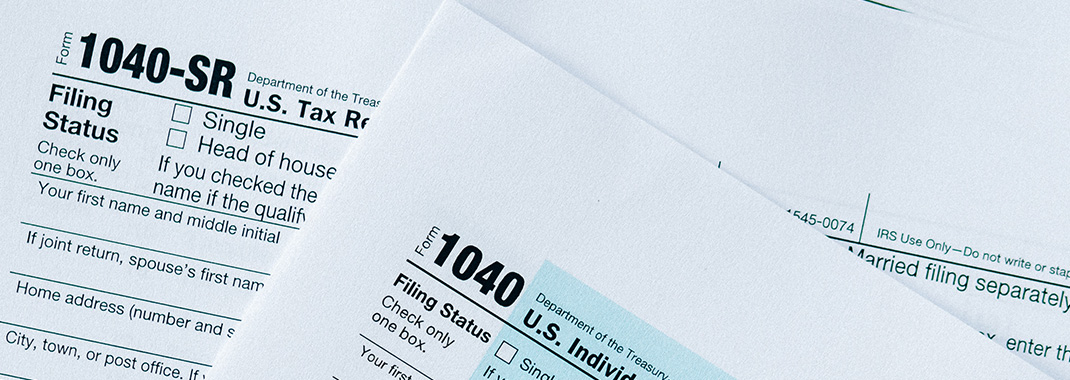Understanding Tax Deductions and Credits
Maximizing your tax refund starts with understanding the difference between tax deductions and tax credits. Tax deductions reduce your taxable income, while tax credits directly reduce the amount of tax you owe dollar-for-dollar. Both can significantly impact your final tax liability when properly utilized.
Common deductions include mortgage interest, charitable contributions, state and local taxes, and business expenses. The standard deduction for 2024 is $14,600 for single filers and $29,200 for married couples filing jointly. However, itemizing deductions may result in greater tax savings if your total itemized deductions exceed the standard deduction amount.
Popular tax credits include the Earned Income Tax Credit, Child Tax Credit, American Opportunity Tax Credit for education expenses, and various energy efficiency credits. Unlike deductions, credits provide direct savings and can sometimes result in refunds even if you owe no tax.




